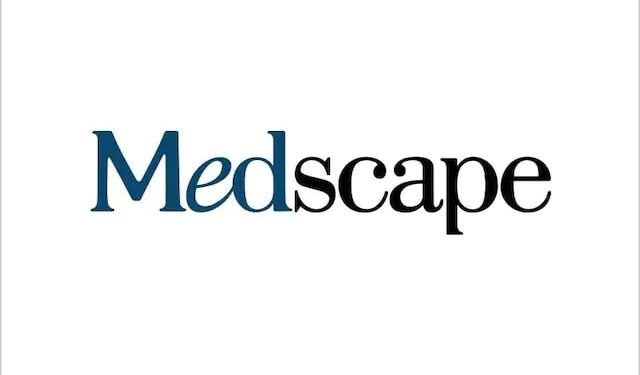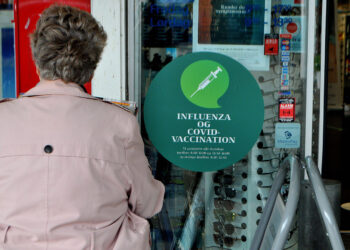The US Food and Drug Administration has approved two new indications for the PD-1-blocking antibody, retifanlimab-dlwr (Zynyz, Incyte), both for locally recurrent or metastatic squamous cell anal carcinoma.
The first indication is for upfront treatment of inoperable disease in combination with carboplatin and paclitaxel; the second is as monotherapy following progression on or intolerance to platinum-based chemotherapy.
The National Comprehensive Cancer Network recommends other PD-1 blockers for second line treatment of anal cancer, but retifanlimab-dlwr is the first one to win a formal first-line indication. Until now, standard upfront treatment has been limited to chemotherapy.
“This approval marks an important advancement as it makes a new treatment approach available for this challenging cancer,” Marwan Fakih, MD, an Incyte researcher and medical gastrointestinal oncologist at City of Hope, Los Angeles, said in a company press release.
Retifanlimab-dlwr was previously approved in 2023 for metastatic or recurrent locally advanced Merkel cell carcinoma.
The new first-line anal cancer indication with carboplatin and paclitaxel was based on the POD1UM-303/InterAACT 2 trial in 308 chemotherapy-naive, inoperable subjects, including some with well-controlled HIV infection. Patients in this trial were randomized to retifanlimab-dlwr 500 mg IV every 4 weeks or placebo on a background of carboplatin and paclitaxel for six cycles.
Median progression-free survival was 9.3 months with retifanlimab-dlwr vs 7.4 months with placebo. Overall survival (OS) assessment is ongoing, but on interim analysis, median OS was 29.2 months in the retifanlimab-dlwr arm vs 23 months, with 45% of placebo patients moving onto retifanlimab-dlwr after disease progression. OS results were not statistically significant.
Approval for the second-line monotherapy indication was based on the single-arm POD1UM-202 trial in 94 patients with disease progression on or intolerance to platinum-based chemotherapy. The dosage was again 500 mg IV every 4 weeks. The overall response rate was 14%, and the median duration of response was 9.5 months.
Serious adverse reactions occurred in 47% of patients who received retifanlimab-dlwr with chemotherapy. The most common were sepsis, pulmonary embolism, diarrhea, and vomiting, according to the company press release.
In the monotherapy study, serious adverse reactions occurred in 40% of patients, the company press release says. The most frequent, in 2% or more, were non-urinary tract infection, perineal pain, abdominal pain, anemia, hemorrhage, diarrhea, pyrexia, urinary tract infection, musculoskeletal pain, and dyspnea.
The approved dose is the same as in the trials, 500 mg IV every 4 weeks until disease progression or unacceptable toxicity for up to 12 months in the first line indication and for up to 24 months in the second new indication.
The cost of a single 500 mg/20 mL dose is $15,748.45, according to drugs.com.
Incyte has a program called IncyteCARES that offers financial assistance and other support for those who qualify. Information is available at https://www.incytecares.com/ or by calling 1-855-452-5234.
M. Alexander Otto is a physician assistant with a master’s degree in medical science and a journalism degree from Newhouse. He is an award-winning medical journalist who worked for several major news outlets before joining Medscape. Alex is also an MIT Knight Science Journalism fellow. Email: [email protected]
Source link : https://www.medscape.com/viewarticle/retifanlimab-dlwr-wins-upfront-indication-anal-cancer-2025a1000cfr?src=rss
Author :
Publish date : 2025-05-16 14:28:00
Copyright for syndicated content belongs to the linked Source.














